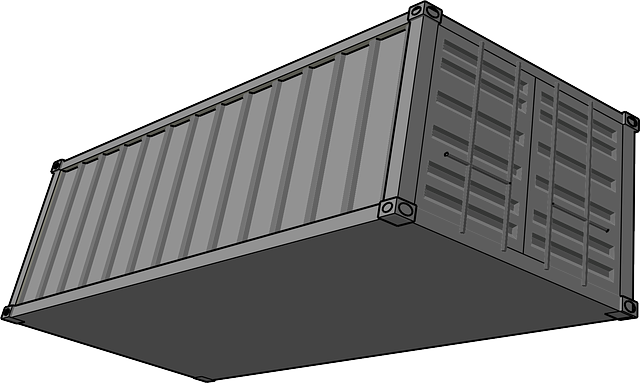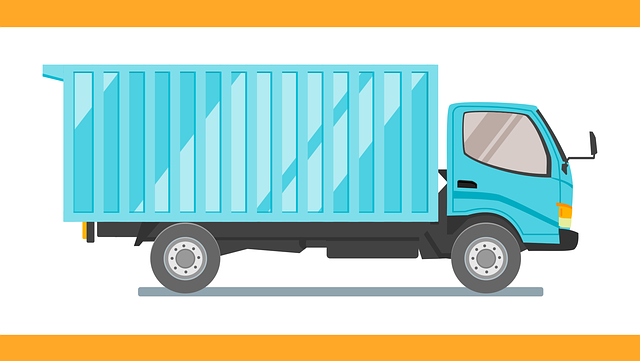The trucking industry faces significant trucking business liability challenges due to complex operations and vast networks, including risks like driver negligence, vehicle failures, cargo damage, and accidents from unsafe loading. To mitigate legal exposure, trucking businesses must implement robust safety protocols, regular inspections, comprehensive driver training, and maintain detailed records. Effective risk management through proactive strategies, staying current with regulations, and best practices in load securing, route planning, and cargo handling reduces the risk of accidents and liability claims. Swift post-incident response, including evidence gathering, communication with stakeholders, and legal defenses, further safeguards against potential claims.
In the dynamic landscape of trucking, understanding and mitigating risks is crucial to navigate the complex realm of business liability. This article equips operators with essential strategies to tackle the multifaceted challenges of the trucking industry. From identifying common risks that breed liability claims to implementing proactive measures and refining operational practices, we delve into a comprehensive risk management approach. Additionally, we explore post-incident response tactics and legal defense techniques, empowering trucking businesses to minimize exposure and thrive in an ever-watchful regulatory environment.
Understanding Trucking Business Liability: Common Risks and Potential Claim Areas

The trucking industry, with its vast network and complex operations, faces unique challenges when it comes to trucking business liability. Understanding the potential risks is paramount to mitigate legal exposure and avoid costly liability claims. Common risks stem from various factors such as driver negligence, vehicle mechanical failures, cargo damage or loss, and accidents resulting from unsafe loading practices. These can lead to claims involving personal injuries, property damage, and cargo insurance disputes.
Areas of potential claim include on-the-job accidents involving drivers or other road users, cargo mishandling causing damages during transit, and legal issues arising from contract breaches related to loading/unloading procedures or maintenance records. To navigate these risks effectively, trucking businesses must implement robust safety protocols, regular vehicle inspections, and comprehensive driver training programs. Maintaining detailed records of maintenance, inspections, and incident reports is also crucial for demonstrating due diligence in the event of a claim.
Proactive Measures: Developing a Comprehensive Risk Management Strategy

In the dynamic landscape of the trucking business, mitigating risks that can lead to liability claims is paramount for ensuring operational continuity and financial stability. Proactive measures are the cornerstone of a robust risk management strategy. This involves a comprehensive assessment of potential hazards specific to the trucking industry, such as vehicle malfunctions, driver errors, and third-party interactions. By identifying these risks early, businesses can implement tailored solutions before incidents occur.
A well-developed risk management strategy includes regular fleet maintenance checks to prevent mechanical failures, rigorous driver training programs to enhance safety awareness, and clear protocol definitions for emergency situations. Additionally, staying updated with industry regulations and adopting best practices for load securing, route planning, and cargo handling can significantly reduce the likelihood of accidents and subsequent liability claims.
Operational Practices for Reduced Exposure to Liability Claims

In the trucking business, operational practices play a pivotal role in mitigating risks that can lead to liability claims. One effective strategy is to implement stringent safety protocols and training programs for drivers and staff. Regular inspections of vehicles, proper maintenance, and adherence to traffic rules are essential to minimize accidents and potential legal repercussions. By fostering a culture of safety, trucking companies can reduce the likelihood of incidents that may result in personal injuries or property damage, both of which can trigger liability claims.
Additionally, establishing clear operational procedures for emergency situations, load securing, and cargo handling can significantly lower exposure to liability. Keeping detailed records of maintenance checks, driver training certifications, and incident reports enables trucking businesses to demonstrate due diligence in case of any legal disputes. These practices not only help prevent accidents but also provide a solid defense if a claim is filed, ultimately safeguarding the company’s financial health and reputation in the competitive trucking industry.
Post-Incident Response and Legal Defense Techniques

In the event of an incident involving a trucking business, a swift and effective post-incident response is paramount to mitigating potential liability claims. The initial steps after any mishap can significantly influence the outcome of subsequent legal proceedings. Promptly gathering evidence, including accident site assessments, driver log reviews, and witness statements, helps in constructing a robust defense strategy. Efficient communication with stakeholders, such as insurance providers and affected parties, demonstrates proactive management of the situation.
Legal defense techniques for trucking business liability cases often involve challenging the validity of claims through rigorous cross-examination of witnesses and presenting counter-evidence. Expert witnesses can provide insights into industry standards and safety protocols to strengthen the defense. Additionally, understanding and adhering to relevant regulations and insurance policy terms are crucial in defending against baseless accusations. Proactive risk management strategies, like regular driver training and vehicle maintenance programs, can also serve as a shield against liability claims by showcasing due diligence.
By implementing proactive strategies and adopting best practices, trucking businesses can significantly mitigate risks and reduce the likelihood of costly liability claims. A comprehensive risk management strategy, encompassing safety protocols, regular training, and meticulous record-keeping, forms the foundation for a robust defense against potential legal challenges. Embracing operational excellence and fostering a culture of accountability are key to navigating the complexities of trucking business liability with confidence.
